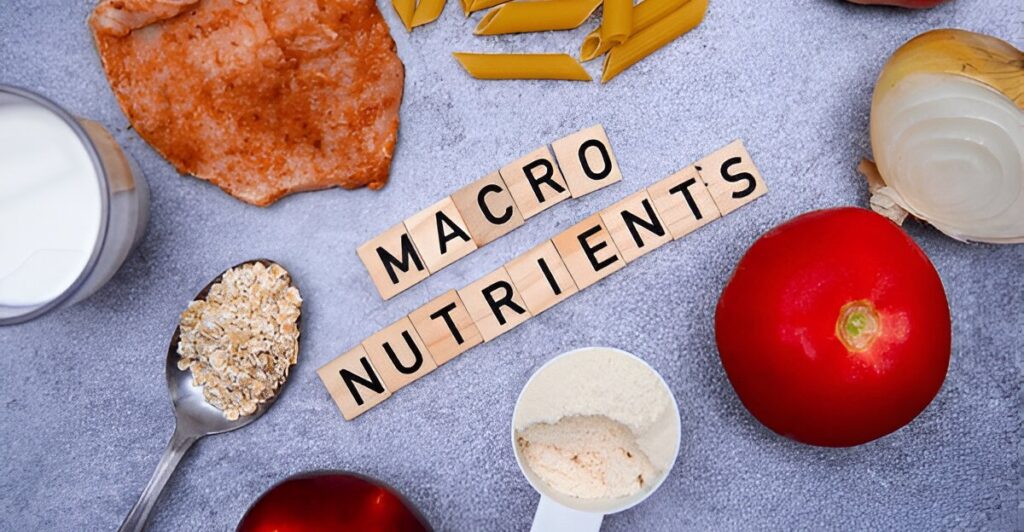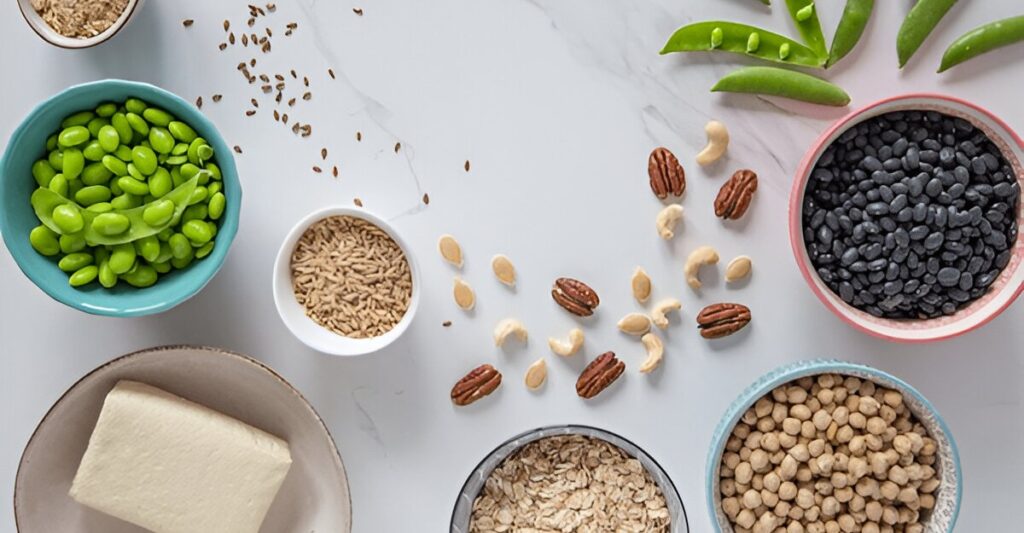Maintaining a healthy diet goes beyond just eating fruits and vegetables—it’s also about nurturing your gut. Probiotics and prebiotics play a vital role in supporting gut health, which impacts everything from digestion to immunity and even mental well-being. But what exactly are probiotics and prebiotics, and how can you incorporate them into your diet? This article explores their benefits, sources, and practical tips to make them a seamless part of your daily routine.
What Are Probiotics and Prebiotics?
To understand the role of probiotics and prebiotics in your diet, let’s start with the basics:
- Probiotics are live beneficial bacteria and yeasts that live in your gut. They help balance your gut microbiome, aiding digestion and supporting overall health.
- Prebiotics are non-digestible fibers that act as food for probiotics, helping them thrive. Think of prebiotics as the fertilizer that keeps your gut’s good bacteria flourishing.
Together, probiotics and prebiotics work synergistically to promote a healthy gut microbiome, which research shows is linked to numerous health benefits.
Why Probiotics and Prebiotics Matter
Incorporating probiotics and prebiotics into your diet can transform your health in several ways. Here’s a closer look at their benefits:
1. Improved Digestive Health
Probiotics help break down food, reduce bloating, and alleviate symptoms of conditions like irritable bowel syndrome (IBS). Prebiotics, by feeding these good bacteria, enhance their ability to maintain a balanced gut environment. Studies suggest that a diet rich in probiotics and prebiotics can reduce diarrhea, constipation, and other digestive discomforts.
2. Stronger Immune System
A healthy gut microbiome is closely tied to a robust immune system. Probiotics stimulate the production of antibodies and support immune cells, while prebiotics ensure these beneficial microbes have the fuel they need. Regular consumption of probiotics and prebiotics may reduce the frequency of colds and infections.
3. Enhanced Mental Health
The gut-brain axis is a hot topic in health research, and probiotics and prebiotics play a role here too. A balanced gut microbiome can influence mood and cognitive function, potentially reducing symptoms of anxiety and depression. Certain probiotic strains, like Lactobacillus and Bifidobacterium, have been shown to support mental well-being.
4. Better Nutrient Absorption
A healthy gut absorbs nutrients more efficiently. Probiotics and prebiotics help optimize the gut lining, ensuring your body gets the most from vitamins and minerals in your diet, such as calcium, iron, and magnesium.
5. Weight Management Support
Emerging research suggests that probiotics and prebiotics may aid in weight management by influencing metabolism and appetite-regulating hormones. While not a magic bullet, they can complement a balanced diet and active lifestyle.
Top Food Sources of Probiotics and Prebiotics
The good news? You don’t need expensive supplements to reap the benefits of probiotics and prebiotics. Many everyday foods are rich in these gut-friendly components.
Probiotic-Rich Foods
- Yogurt: Look for live, active cultures on the label. Greek or plain yogurt without added sugars is best.
- Kefir: A fermented milk drink packed with diverse probiotic strains.
- Sauerkraut and Kimchi: Fermented vegetables that add a tangy, probiotic boost to meals.
- Miso: A fermented soybean paste used in soups and dressings.
- Kombucha: A fizzy, fermented tea with a variety of beneficial bacteria.
Prebiotic-Rich Foods
- Garlic: Contains inulin, a powerful prebiotic fiber.
- Onions: Rich in prebiotics and versatile for cooking.
- Bananas: Slightly unripe bananas are a great source of resistant starch, a prebiotic.
- Asparagus: Packed with fiber to feed your gut bacteria.
- Whole Grains: Oats, barley, and wheat bran are excellent prebiotic sources.
How to Incorporate Probiotics and Prebiotics into Your Diet
Adding probiotics and prebiotics to your diet is easier than you might think. Here are practical tips to make them a regular part of your meals:
1. Start Your Day with a Gut-Friendly Breakfast
Blend a smoothie with kefir, a banana, and a handful of oats for a probiotic-prebiotic combo. Alternatively, top Greek yogurt with berries and a sprinkle of chia seeds for a nutrient-packed start.
2. Add Fermented Foods to Your Plate
Incorporate small portions of sauerkraut or kimchi as a side dish or sandwich topping. These fermented foods not only add probiotics but also enhance flavor.
3. Cook with Prebiotic Ingredients
Sauté garlic and onions as the base for soups, stir-fries, or casseroles. Toss asparagus into salads or roast it as a side dish to boost your prebiotic intake.
4. Snack Smart
Keep prebiotic-rich snacks like sliced apples or whole-grain crackers on hand. Pair them with a small serving of miso dip or hummus for a gut-friendly twist.
5. Sip on Kombucha
Swap sugary sodas for kombucha as a refreshing, probiotic-rich drink. Choose low-sugar options to keep it healthy.
6. Pair Probiotics and Prebiotics
For maximum benefits, combine probiotic and prebiotic foods in the same meal. For example, enjoy yogurt with sliced bananas or add sauerkraut to a whole-grain wrap.
Things to Keep in Mind
While probiotics and prebiotics are generally safe, here are a few considerations:
- Start Slowly: Introducing probiotics and prebiotics too quickly can cause temporary bloating or gas. Gradually increase your intake to let your gut adjust.
- Choose Quality: Opt for minimally processed, low-sugar probiotic foods. Check labels to ensure live cultures are present.
- Consult a Professional: If you have a medical condition or are considering supplements, talk to a dietitian or doctor to find the right approach.
Can Supplements Replace Food Sources?
Probiotic and prebiotic supplements are widely available, but whole foods are often the best choice. Foods provide a broader range of nutrients, are more cost-effective, and offer the added benefit of dietary fiber. Supplements may be helpful for specific needs, but they’re not a substitute for a balanced diet rich in probiotics and prebiotics.
Conclusion: A Gut-Healthy Future
The role of probiotics and prebiotics in your diet cannot be overstated—they’re essential for a thriving gut and overall health. By incorporating foods like yogurt, sauerkraut, garlic, and bananas into your meals, you can support digestion, boost immunity, and even enhance your mood. Start small, experiment with new recipes, and enjoy the process of nourishing your body from the inside out.
Take the first step today: add a serving of probiotic-rich yogurt or a prebiotic-packed banana to your next meal, and watch how these simple changes can make a big difference in your well-being.


